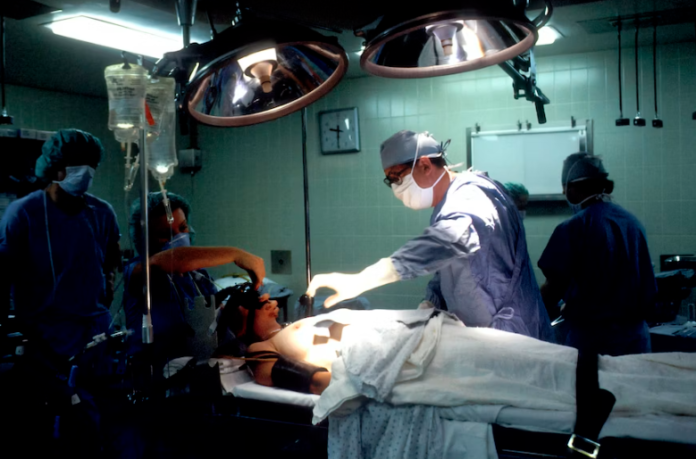A procedure involves cleaning your colon and rectum with medicine, then having a doctor look at the colon and rectum using a flexible tube with a light and camera. This is usually done under sedation.
Experts recommend getting the screening test every ten years starting at age 50 if you’re at average risk. But a recent study found the procedure only reduced cancer rates by 18% and didn’t cut the risk of death from colon cancer.
Lower Risk of Death
For decades, gastroenterologists put colonoscopies on a pedestal. They believed everyone could eliminate colorectal cancer if they got one every ten years.
The study involved more than 80,000 people ages 55 to 64. Participants were randomly assigned to receive an invitation to get a colonoscopy or not, and those who got the test reduced their risk of getting colorectal cancer by 18 percent.
But the study also found that those who did not get a colonoscopy saw no reduction in their chance of dying from the disease. Plus, less than half of the people invited to bring a colonoscopy showed up for it, further lowering the study’s results. The American Cancer Society emphasizes that the results do not mean the test is no longer helpful.
Early Detection
There are several ways to find polyps and colon cancer, but a colonoscopy Denver is the most thorough. It’s also the best way to identify early-stage colon cancer when it is easier to treat.
A doctor puts a flexible tube with a light and camera at the end of it (a colonoscope) into the rectum to look at the inside of your large intestine. The doctor can use special instruments passed through the colonoscope to biopsy (take a sample) or remove suspicious-looking areas.
A study is a reminder that observational studies aren’t always accurate. They can be biased by factors such as who shows up for screening and how many people get a colonoscopy. Regardless, the results don’t change the fact that colonoscopies probably reduce your risk of colorectal cancer and possibly save lives. The United States Preventive Services Task Force still recommends that adults start having them at age 45 or earlier for people with certain risk factors, including a family history of hereditary colorectal cancer syndromes like familial adenomatous polyposis and Lynch syndrome.
Reduced Risk of Recurrence
People who survive colon cancer and are diagnosed with it again usually have a better outlook if caught early. The earlier cancer recurs, the more easily it can be treated with surgery or chemotherapy.
The doctor inserts the colonoscope into your large intestine and inflates the lining with carbon dioxide to get a clear view. The procedure may take about an hour. You will likely feel some cramping or bloating as the anesthesia wears off.
Several studies have shown that getting regular screening colonoscopies reduces colorectal cancer incidence and deaths. However, the new randomized study found that getting the test only slightly reduced cancer recurrence rates. It needed to be clarified why, and researchers hope to follow up with more comprehensive monitoring in the future. The results add to growing evidence that colonoscopies are more effective than stool tests or a less invasive test called sigmoidoscopy. They’re more accurate in finding polyps, which can turn into cancer.
Reduced Cost
If cancer or precancerous polyps are found during a visual screening, the doctor can remove or biopsy them at that time. This reduces the number of tests you may need to have in the future.
Many types of visual screening require you to take medicine the day before your colonoscopy to clean out all the stool in your colon and rectum. This is known as colon cleansing or bowel prep.
During a screening colonoscopy, the doctor inserts a long, thin instrument called a colonoscope into your rectum and then pumps air, carbon dioxide, or water into your colon to widen it so they can see better. They can also remove or biopsy any areas that look abnormal.
Suppose you have Medicare; your insurance covers a routine colonoscopy. However, you should talk to your healthcare provider to determine what to expect from the procedure and if it is right for you. Also, ask your healthcare provider if financial aid programs are available for people who can’t afford their screenings.










